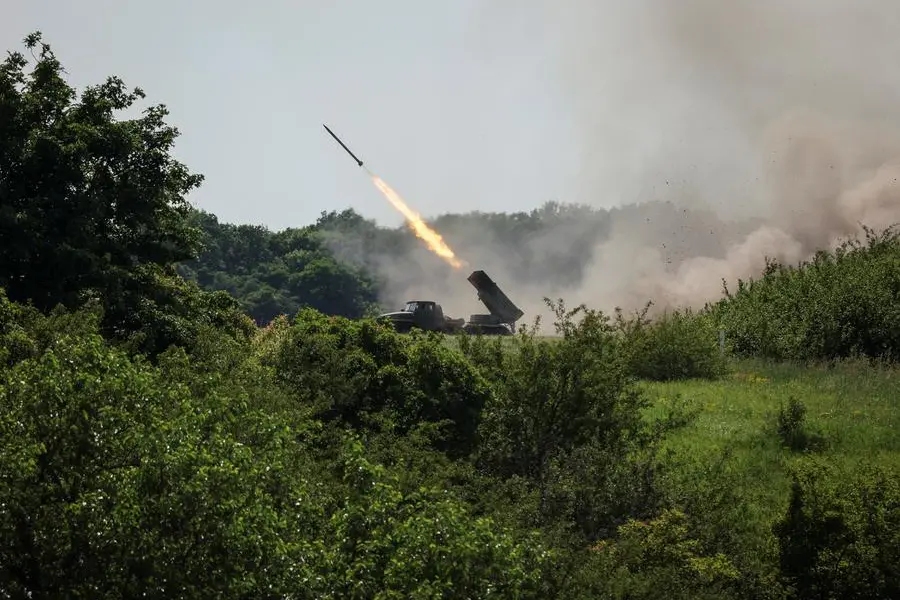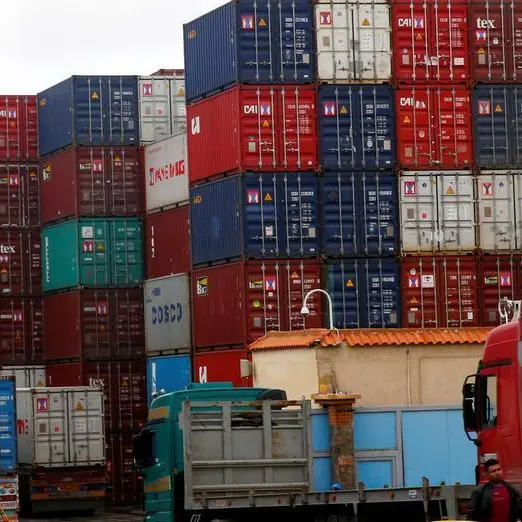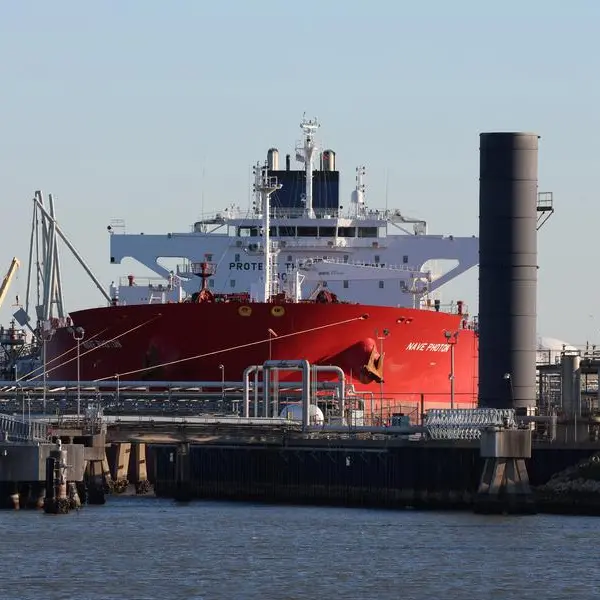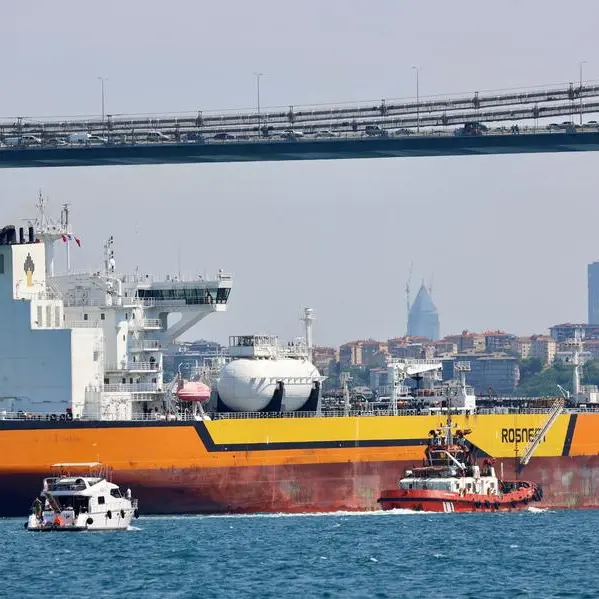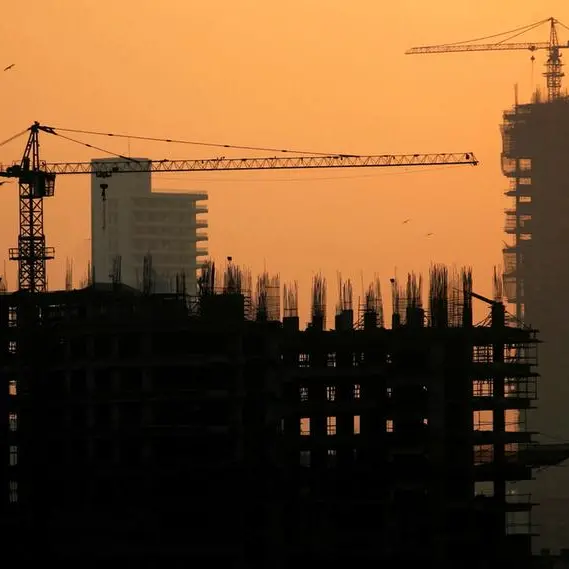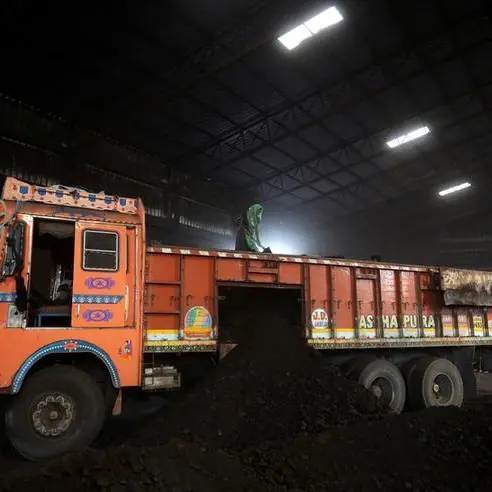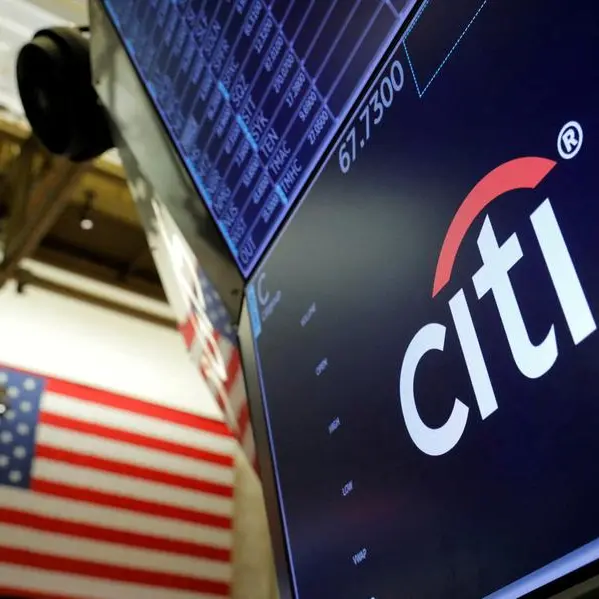PHOTO
KYIV - Western nations on Monday pledged unwavering support for Ukraine in the war with Russia, including more sanctions on Moscow and air-defence systems, as Russian forces closed in on the last big city still held by Ukrainian troops in eastern Luhansk province.
Leaders of the Group of Seven major democracies, meeting at a summit at an alpine resort in Germany, said they would keep sanctions on Moscow for as long as necessary and would intensify international economic and political pressure on Russian President Vladimir Putin's government and its ally Belarus.
"Imagine if we allowed Putin to get away with the violent acquisition of huge chunks of another country, sovereign, independent territory," British Prime Minister Boris Johnson told the BBC when asked about the possibility the war might drag on for years.
"The lessons for that would be absolutely chilling. The point I would make to people is I think that sometimes the price of freedom is worth paying."
The United States said it was finalising a weapons package for Ukraine that would include long-range air-defence systems - arms that Ukrainian President Volodymyr Zelenskiy specifically requested when he addressed the leaders by video link from Kyiv on Monday.
Despite the boost from its allies, Ukraine was enduring another difficult day on the battlefront following the loss of the city of Sievierodonetsk after weeks of bombardment and street fighting.
Russian artillery was pounding Lysychansk, just across the Siverskyi Donets River from now-ruined Sievierodonetsk. Luhansk province governor Serhiy Gaidai said Lysychansk was suffering "catastrophic" damage. He urged civilians to evacuate urgently.
The General Staff of Ukraine's Armed Forces said the Russians were trying to cut off Lysychansk from the south. Russian war planes had also struck near the city, the general staff said in its daily update.
Russian reports on Sunday that troops had already entered Lysychansk could not be confirmed by Reuters.
Zelenskiy said fire was raging at a shopping centre hit by Russian missiles in the central city of Kremenchuk, southeast of Kyiv, on Monday, where more than 1,000 people were inside.
"It is impossible to even imagine the number of victims," Zelenskiy said.
The regional governor said a civilian building in the city had been hit, causing casualties. He did not give details.
Luhansk and neighbouring Donetsk province make up the Donbas region - Ukraine's industrial heartland. The Donbas became a prime target for the Kremlin after Russian troops failed to take the capital Kyiv in the early stages of the war, which is now in its fifth month.
Russian forces also control territory in the south, including the port city of Mariupol, which fell after a long siege that left it in ruins.
On Sunday, Russian missiles struck Kyiv for the first time in weeks.
"AS LONG AS IT TAKES"
In his address to the G7 leaders, Zelenskiy had pleaded for more arms, U.S. and European officials said. He also asked for help to export grain from Ukraine and for more sanctions on Russia.
U.S. National Security Adviser Jake Sullivan said Washington was in the process of finalising a package that included long-range air-defence systems and would meet Ukraine's artillery ammunition needs.
The G7 nations promised to tighten the squeeze on Russia's finances with new sanctions including a proposal to cap the price of Russian oil. A U.S. official said an oil price cap deal was "close".
"We will continue to provide financial, humanitarian, military and diplomatic support and stand with Ukraine for as long as it takes," a G7 statement said.
The G7 countries said they had also pledged or were ready to grant up to $29.5 billion for Ukraine.
Russia rejected claims on Monday that it had defaulted on its external debt for the first time in more than a century, telling investors to go to Western financial agents for the cash which was sent but bondholders did not receive.
The White House said on Monday that Russia has defaulted on its international bonds for the first time since the Bolshevik revolution, as sweeping sanctions have effectively cut the country off from the global financial system.
The war has also created difficulties for countries way beyond Russia's borders, with disruptions to food and energy exports hitting the global economy.
These include Ukrainian grain, now trapped in ports, which normally feeds millions of people across the Middle East, Africa and elsewhere.
Russia invaded Ukraine on Feb. 24 in what the Kremlin calls a "special military operation" to rid the country of far-right nationalists and ensure Russian security.
Kyiv and the West dismiss that as a baseless pretext for a war of aggression that has killed thousands, sent millions fleeing Ukraine and laid waste to cities.
At the G7 summit, U.S. President Joe Biden emphasised the need for unity amid concern that there were diverging opinions in European capitals about how best to handle the situation.
"Putin has been counting on it from the beginning that somehow the NATO and the G7 would splinter," he said. "But we haven't and we're not going to."
(Reporting by Reuters bureaux; Writing by Angus MacSwan and Nick Macfie; Editing by Frank Jack Daniel and Catherine Evans)
